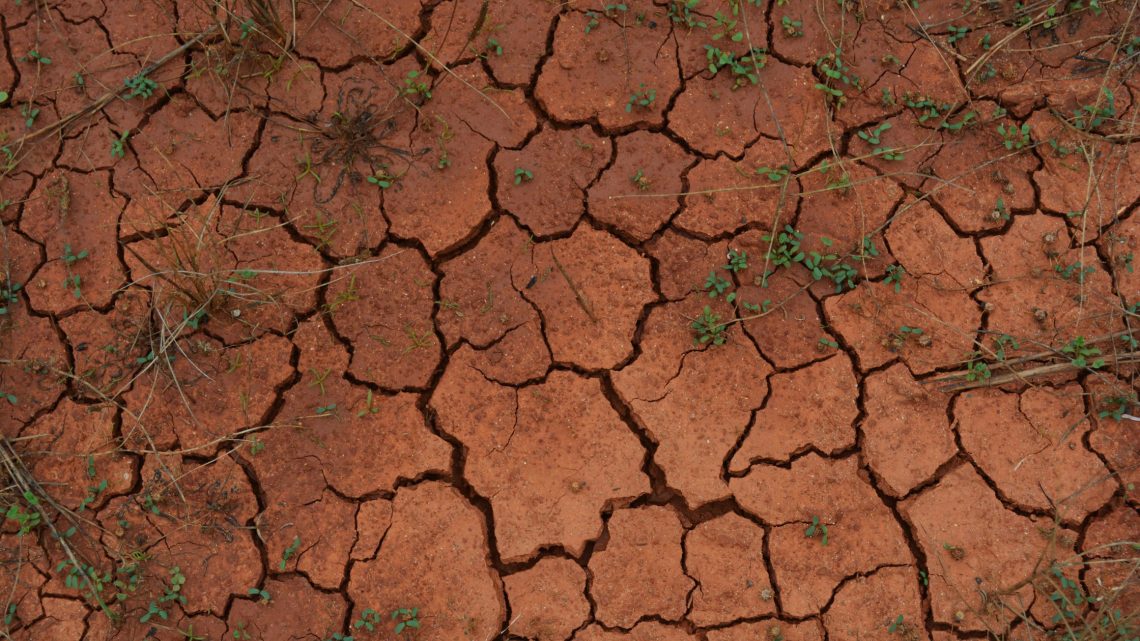
Both/and?: The Climate Majority Project and the Radical Flank
This piece first appeared on Resilience.
Ed. note: The following is from the text of Rupert Read’s talk at Kairos in London on May 14.
- The climate situation has deteriorated very significantly, even since last year; it is so tragic and gut wrenching. The situation is ‘with’ me almost all the time, now…
- My teacher Joanna Macy once said, “I keep going, even though I’m ancient and things are getting really bad to an extent I had hoped to prevent, so you don’t turn on each other when things get REALLY bad”. . .So I’m really glad we are here tonight practicing the opposite of turning on each other / fighting each other / othering each other.
- But at the same time, the awful deterioration can’t of course be an excuse for no longer thinking clearly. For starters: it’s a logical mismove to think that this deterioration means we ought to be shriller, angrier, more radical. In fact, if anything, to the contrary.
- Why..? ..Because as the situation deteriorates many more people, of diverse kinds with diverse politics and backgrounds (will) want to come on board, some of them quite suddenly – but most of them won’t be able to identify with something they see as shrill or lawless. They want to see it – us – as like them. If we keep moving ‘ahead’ of them, more radical than thou, then they will never find a place with us.
- Moreover, while the Climate Majority Project is obviously riding the radical flank effect for all it is worth, (in the absence largely of the old moderate flank stepping up to do so), the evidence suggests sadly that the radical flank is worth a lot less than it was five years ago. Look out for forthcoming research from the Social change lab which strongly suggests that as the radical flank has radicalised further, the radical flank effect has in important respects dried up and in fact gone into reverse. So it isn’t necessarily both/and, unfortunately. The radical flank by and large isn’t creating or even maintaining room for the likes of us any more. More than ever, then, great care is needed about what actions are undertaken and what image is cultivated. (And, given the paucity of the rad flank’s image at present, any attempted assemblies-based lunge into electoral politics would almost certainly be not just ineffectual, but counter-productive, and would only harm our closest political friends such as Greens, and would harm the new moderate flank, and probably the cause of deliberative democracy itself.)
- There is a really important area however where there is room for something new, in light of the desperate situation: namely, adaptation, disaster-preparedness, resilience-building. Shifting to highlighting the utterly parlous and neglected state of these, and undertaking actual ‘direct action’ on the ground to change that state. Transformative and strategic adaptation is a central priority going forward for the CMP. It would be great to see large chunks of the movement as a whole dropping tragically outdated pretences that we’ll be able to ‘mitigate’ our way out of this – and profiling adaptation centrally instead.
- For…There are almost certainly no short cuts to where we need to get to. No electoral short cut, no revolutionary or radical flank short cut, and no tech fix. We need to do the deep hard work of convincing citizens (as well as elites) and bringing them onside into actual action in millions upon millions, not just thousands. This is a work of cultural transformation, of deep listening, of escaping from one’s ‘ghetto,’ indeed, from the identity of ‘activism’ altogether. When that hard deep work is actually done, (done at scale and over time), then our climate politics and climate policy will significantly improve, and almost certainly not before.
- But we don’t have time I hear some of you cry (feeling the horror and desperation cut deeply). In a sense..You’re absolutely right, of course. But: there simply are no short cuts. And..This yields a further and crucial reason for taking adaptation seriously. Because it is going to be a long time before as a society we take ‘mitigation’ (aka greenhouse gas reduction) seriously enough. So a lot more damage is going to occur. So we need to practice adaptation and preparedness, and we cannot wait for our ‘leaders’ to ‘get’ this. So let’s get started. That is perhaps my key message tonight. The new agenda where we join together could be: centring adaptation. As the most effective way now for us to make ourselves at large safer, and the most effective way to wake more people up. For..When we adapt transformatively to the climate damage that is HERE and the significantly worse climate damage that is coming, and when we do so in a manner that is inviting rather than alienating, then we make this horrific crisis real to people in a manner that merely ‘raising the alarm’ can no longer do…
- Thanks, dear friends and colleagues, past and present. Let’s see what we can do.


